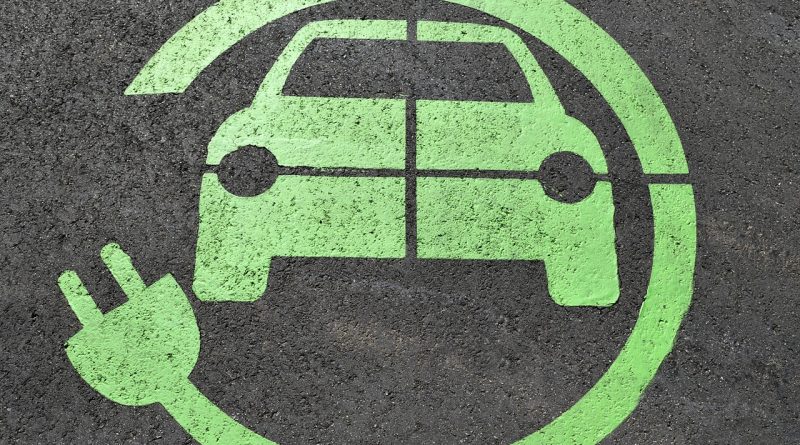A Case For Electric Cars: Part 2 – Cost Factor
One of the foremost question in people’s minds when it comes to electric cars (or anything, for that matter), is “what’s this going to cost me?” That is a multi-layered question, but let’s start at the beginning…
Today electricity is so readily available and cheap compared to other fuels, that many people are willing to give it away. When was the last time someone paid for your tank of gas? Did you know that if you run your batteries down in your EV, you can stop and let them rest and you will have enough power to limp along until you find some place with an outlet. “Pardon me, do you think I could plug my car in for an hour while I eat in your Cafe?” What do you think they will say? Technically speaking, it is not a good idea to let your EV batteries run that low, but in an emergency it may be necessary. In the mean time, technologists are working on range issues as we speak. With the amount of money and research that is increasingly going into perfecting electric vehicles, and the infrastructure that is being planned to provide charging stations and battery change-out stations, it will only be a few years before these problems are solved.
But what about the cost of an EV? Admittedly, new electric vehicles are currently cost prohibitive for most people and may be unavailable to many. The bad news is, prices for new highway capable EVs and PHEVs being rolled out beginning next year will probably not improve substantially for a few years (think: high-end SUV prices). The good news is that you can get one today that looks just like the car in your driveway. In fact, it could be the car in your driveway. Did you know that most of the EVs on the road today were converted from an ICE vehicle for a fraction of the cost of buying a new vehicle — some for as little as a few hundred dollars. I would guestimate that the average DIY EV conversion would cost between $2,000 and $10,000. “That’s quite a range,” you say. Well, there are a lot of factors that can affect the cost, not the least of which is what kind of vehicle you are converting. Yes, there are some specialty shops that will convert your car for upwards of $15,000. By this time, you are getting into new (or good-used) car pricing territory, so you’d better be sure you really like your car or find one that you like with high mileage or a blown engine that the owner is willing to part with for next to nothing. But even at that cost, the longevity of the vehicle will more than pay for itself.
This is my point: if everyone who owns multiple vehicles would convert one of them to electric for shorter range travel (e.g. commute to work, errands, etc.), keeping another vehicle for longer trips, it would go a long way to reducing dependency on oil and the harmful emissions that come with it. This is not a pie-in-the-sky idea — it is attainable. In the mean time, those people would recoup their investment in as little as a year from the money they are saving by not having to go to the gas station. Just plug it in at night and drive it during the day. At as little as $.03 per mile, compared to $.20-$.30 per mile with your ICE, you can imagine how much you will save over the next 5-10 years. Do the math; it will amaze you. (Hint: at least $2000/yr).
I’ve researched the options and decided converting to EV is the way to go. In fact I have started my own EV project. Will you join me? Visit my web site for some suggestions on where to start.
If you want to get a jump start on converting your car, truck or SUV to electric, the most up-to-date EV conversion book was written by Gavin Shoebridge, the New Zealander who converted his own car from scratch with no prior experience and posted it on YouTube. You can read my EV book review. Or if you are serious about moving forward, you can go ahead and try Electric Conversion Made Easy.
In Part 3 we will compare electric vehicles to other alternative energy solutions.


